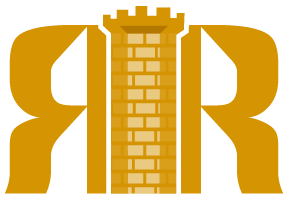General Curriculum (Future Ready Core): The majority of students with disabilities are instructed in the general curriculum with their non-disabled peers. These students will follow the Future Ready Course of Study (FRC) Standards. All students must earn at least 22 credits in the Future-Ready Course of Study to graduate from high school. The Future-Ready Course graduation requirements ensure that a student is prepared for life and whatever pathway they choose after they graduate, workplace, 4-year colleges/university or the military.
Occupational Course of Study (OCS): Students in the general curriculum follow the North Carolina Standard Course of Study. Students following the Occupational Course of Study (OCS), or Occupational Pathway, are considered to be following the general curriculum. The Occupational Pathway is available for those students who are functioning significantly below age and grade level expectations. It includes requirements that are intended to build work ready and community college ready skills. Students completing the OCS program earn a diploma upon graduation. They will be ready for the workplace, community college, trade school, or the military
Adapted Curriculum (Extended Content Standards): A very small percentage of students have significant cognitive disabilities and participate in the North Carolina Extended Content Standards. This course of study was developed based on the grade level standards of the North Carolina Standard Course of Study, with additional emphasis on functional skills and objectives. Students following this course of study are assessed using the NC EXTEND1 alternate assessment. To determine participation in any of the NCEXTEND1 alternate assessments, the following eligibility requirements must be met:
The student must have a current IEP.
The student is enrolled in grades 3–8, 10, or 11, according to PowerSchool. Note: Only those students enrolled in 11th grade for the first time are required to take the NCEXTEND1 alternate assessment at grade 11.
The student is instructed using the North Carolina Extended Content Standards in all assessed content areas (i.e., English Language Arts/Reading, Mathematics, and Science).
The student has a significant cognitive disability.
The student’s disability significantly impacts adaptive behaviors, defined as those skills which are essential for someone to live and function independently.
The student requires extensive and repeated individualized instruction and support to make meaningful gains.
The student uses substantially adapted materials and individualized methods of accessing information in alternative ways.
Students following this course of study receive a Graduation Certificate rather than a high school diploma at the time of high school exit.
